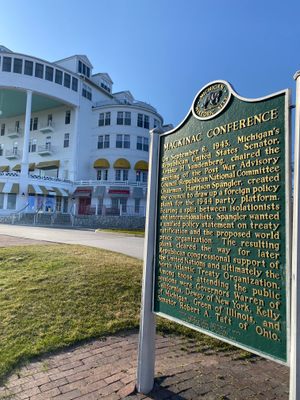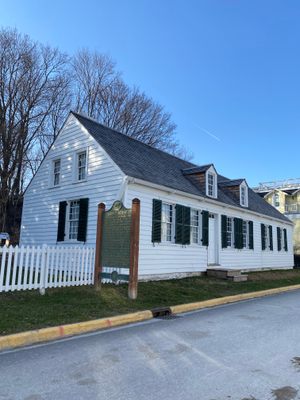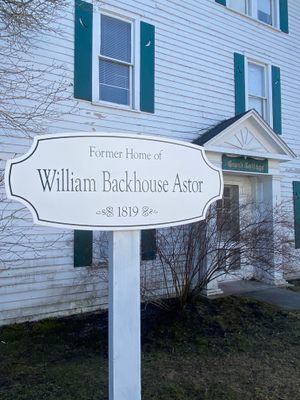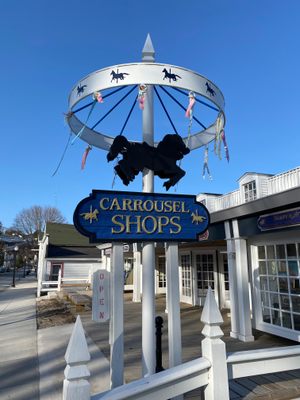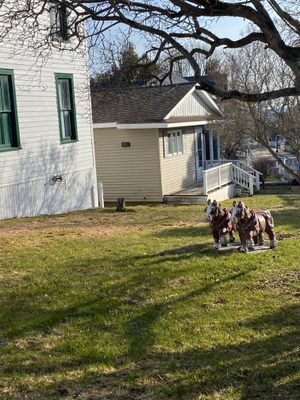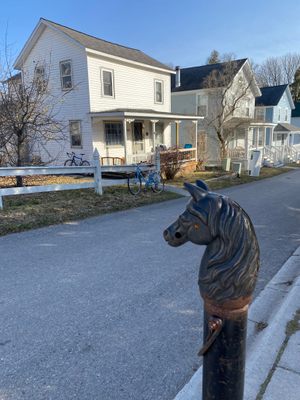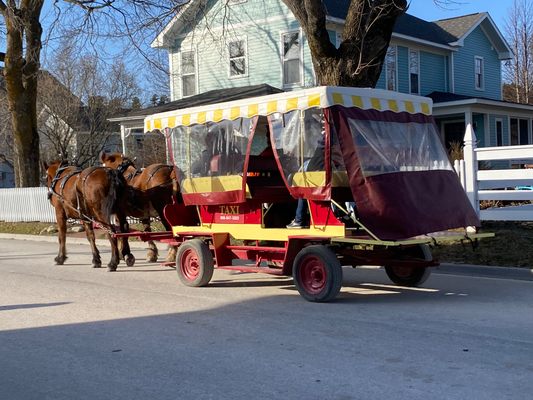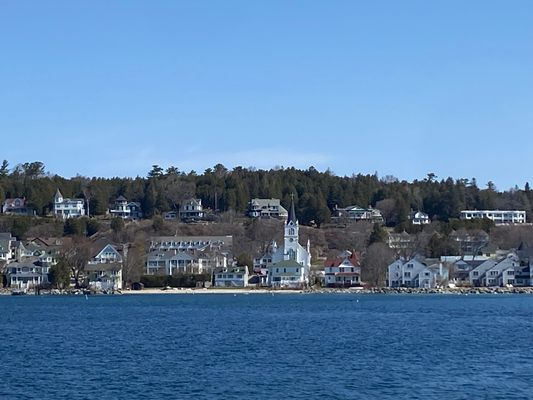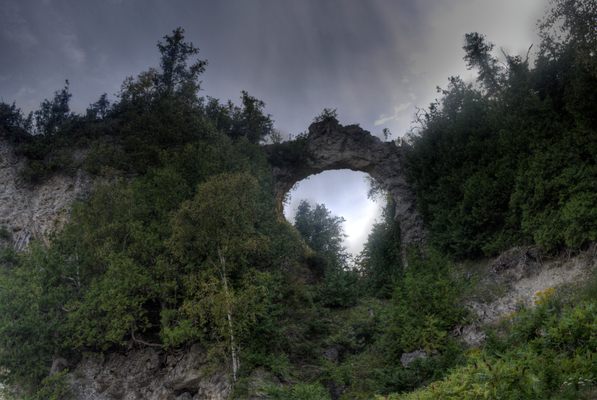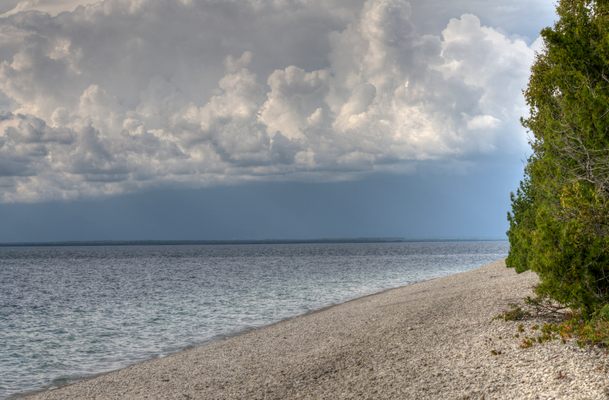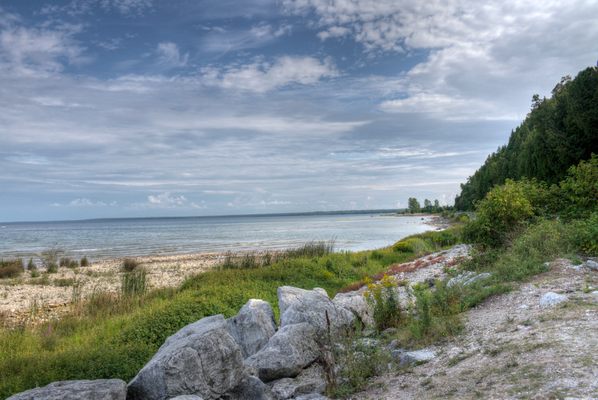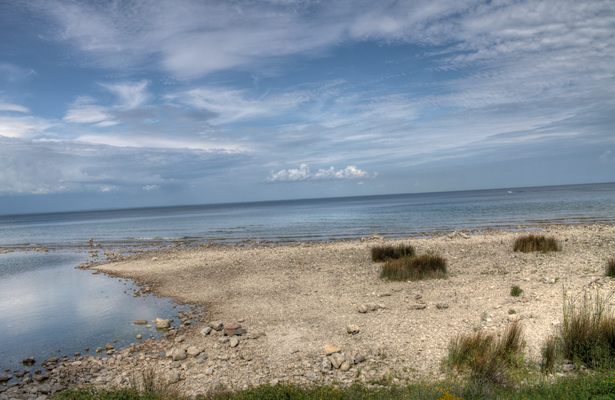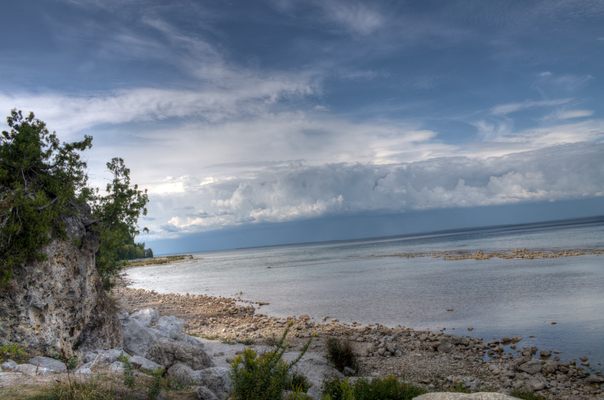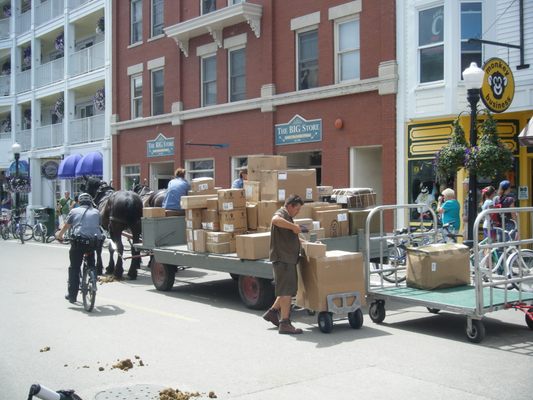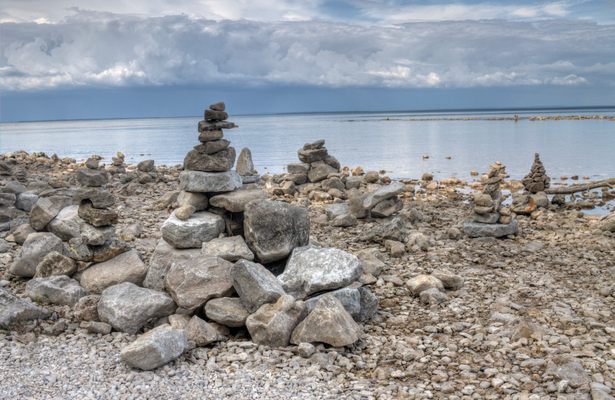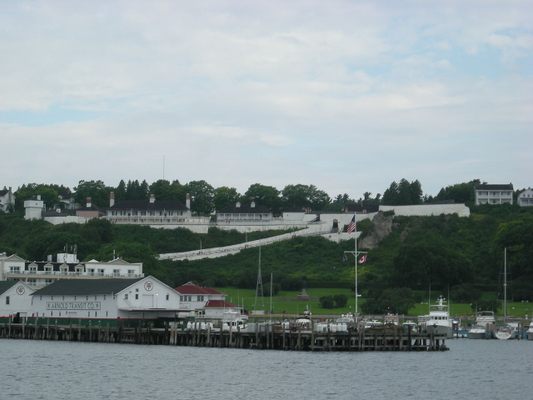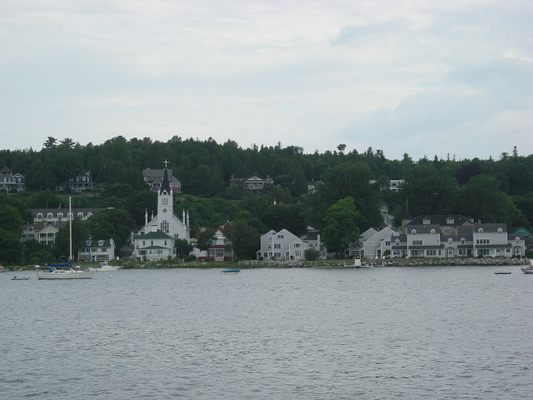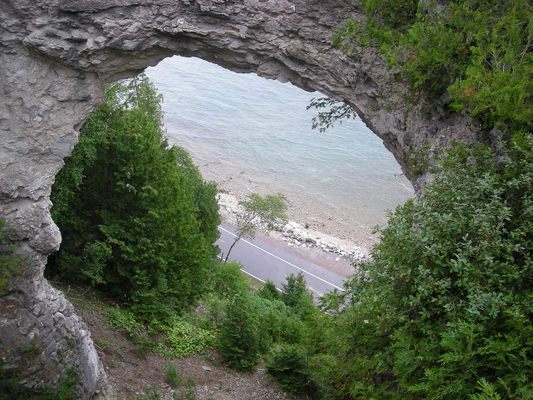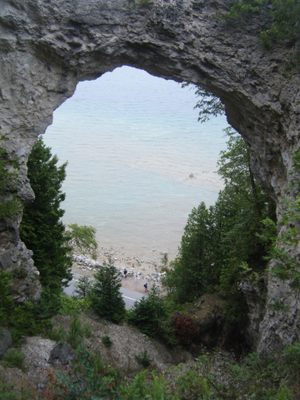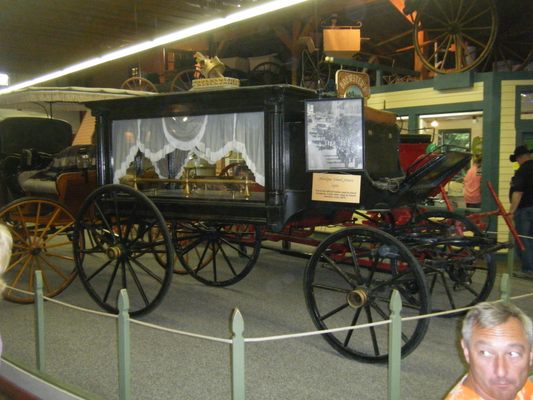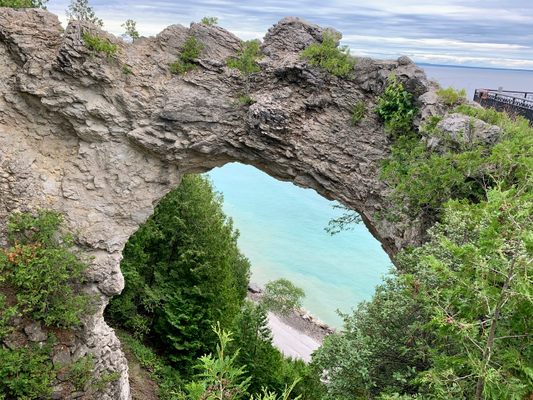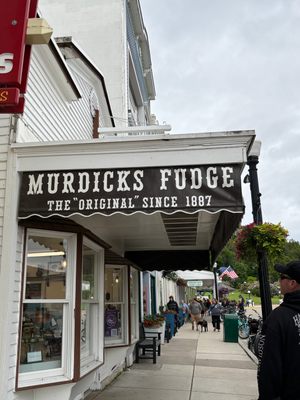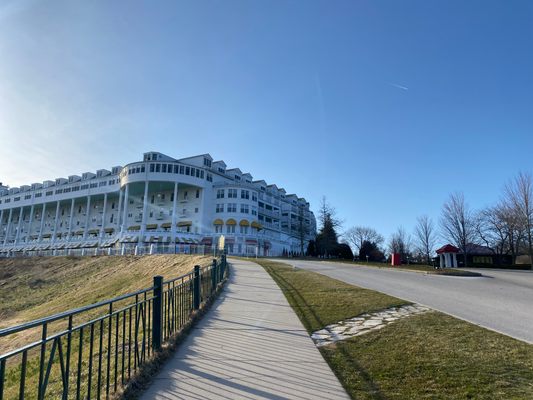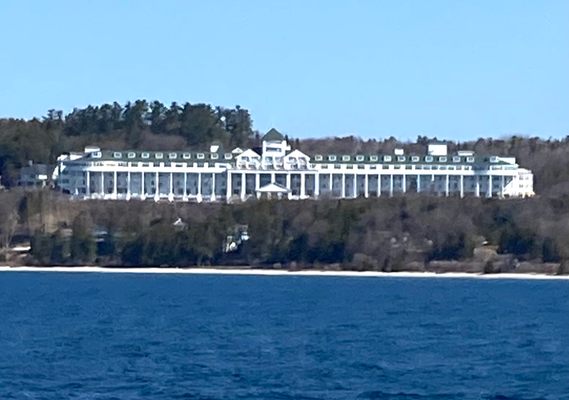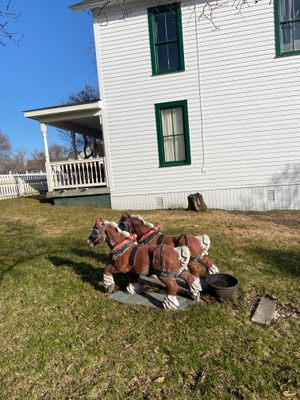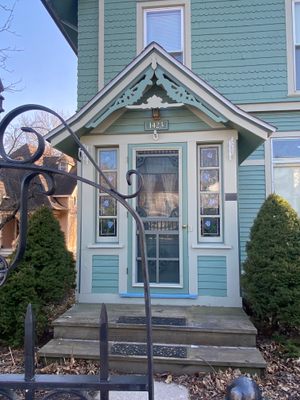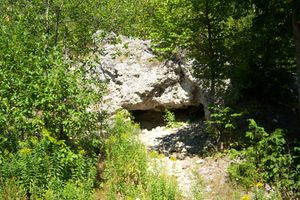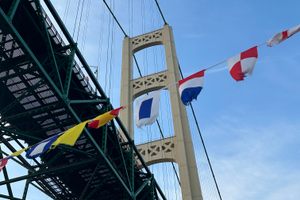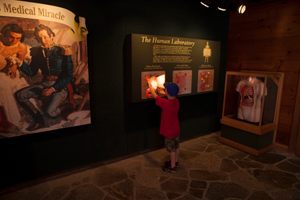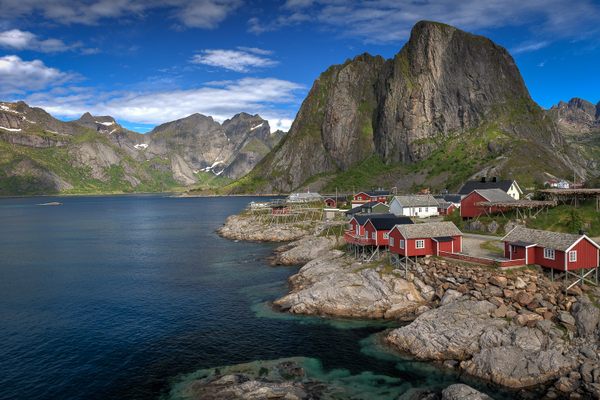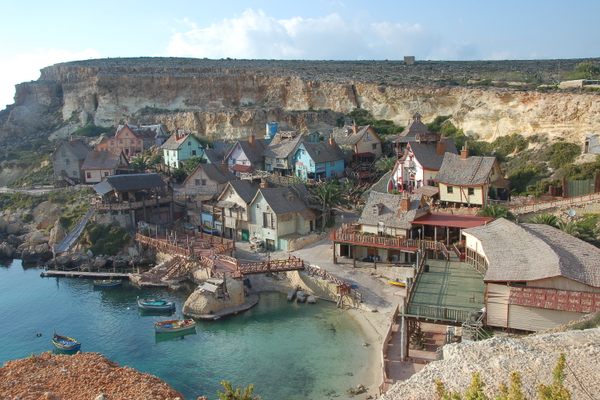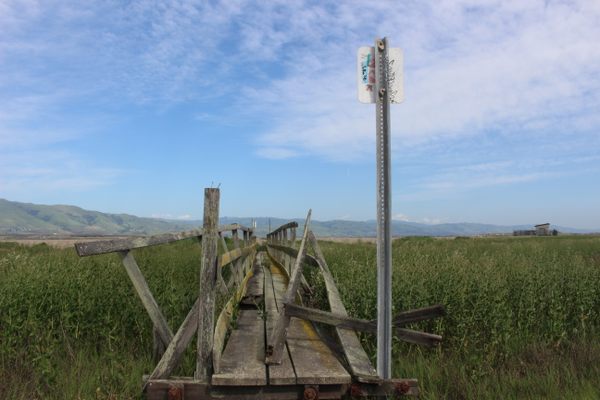About
"Resolved: That the running of horseless carriages be prohibited within the limits of the village of Mackinac." — Mackinac Island Village Council, July 6, 1898
When Lake Huron's Mackinac Island (pronounced MAK-in-aw) first outlawed motor vehicles in 1898, it wasn't the only municipality to resist the growing popularity of the newfangled automobile. As time passed, however, and cars became commonplace, the island stood its ground, eventually becoming the United States' only remaining city with such a ban in effect.
Today the island's population of about 500 permanent residents and an additional 14,500 or so seasonal visitors gets around almost exclusively by foot, bicycle, or horse. In addition to cars, the automobile ban applies to vehicles such as scooters, ATVs, and golf carts, though exceptions are made for motorized wheelchairs, emergency vehicles, and, during the winter, snowmobiles. The island is home to Lake Shore Boulevard (M-185), which traverses eight miles of Mackinac's picturesque shoreline and is the only state highway in the United States where cars are banned.
The continued enforcement of Mackinac's automobile ban seems fitting when one considers this resort island's quaint charm and extensive preservation efforts. The entire 3.8 square-mile island is a designated National Historic Landmark and over 80 percent is preserved as Mackinac Island State Park, where visitors can enjoy Mackinac's natural scenic beauty through over 70 miles of hiking and biking trails. Attractions such as Fort Mackinac, Colonial Michilmackinac, and Historic Downtown showcase the island's historical significance and original architecture. Another notable landmark is the Grand Hotel, which has hosted five U.S. presidents, several visiting dignitaries, and cultural icons such as Mark Twain and Thomas Edison, who conducted the first public demonstration of the phonograph on the hotel's famous 660-foot porch .
Related Tags
Community Contributors
Added By
Published
July 23, 2012





